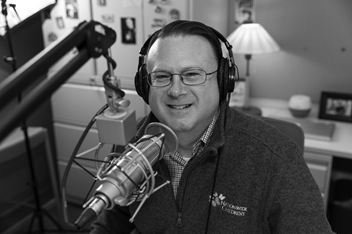Syncope in Children
![]()
If blood flow to the brain decreases, there can be a brief loss of consciousness, or fainting. Syncope (SIN ko pee) is the medical word that means fainting. Fainting can happen because of dehydration, standing for long periods of time, heat, being tired, a health problem, anxiety, fear, pain, stress, hunger or the sight of blood. Fainting is very common. Some people faint often. Most children who faint do not have heart problems or brain problems.
Signs and Symptoms
|
|
|
|
|
|
|
|
|
Treatment
You can prevent fainting. If your child is about to faint:
-
Have your child sit down or lie down right away when he or she gets lightheaded.
-
Increase fluids. Drinking water during the day is very important. Your child should drink more fluids when it is hot outside and during activities. Flavored water is OK, but do not offer sports drinks and juices with high amounts of sugar. The extra sugar can make your child feel worse. Avoid drinks with caffeine. Caffeine can cause dehydration. Ask your child’s doctor how much liquid your child should drink each day.
-
Your doctor might suggest taking in more salt along with increasing fluids.
-
Encourage your child to sit up and stand up slowly. A sudden change in position can cause fainting. Squeezing the leg and thigh muscles while standing can help prevent fainting.
-
If fainting or dizziness occurs often, your doctor may suggest medicines for your child.
If Your Child Has Just Fainted
-
Allow him or her to stay on the ground until fully awake. This will help the blood flow back to the brain.
-
Loosen tight clothes.
-
If you are worried about an injury, do not move the child.
-
Most people get better quickly after fainting. If your child is not improving, call 911.
When to Get Emergency Care
Take your child to the Emergency Department if your child:
|
|
|
|
|
|
|
|
|
|
|
When to Call the Doctor
-
If your child faints again
-
If your child complains of headache, heart racing or feeling dizzy when standing up
-
If you have questions about fainting
Prevention
Be sure your child:
-
Drinks plenty of fluids especially when it is hot outside or while he is playing sports.
-
Takes breaks during activities.
-
Avoids standing for long periods of time.
-
Moves legs while sitting or standing for long periods of time.
-
Avoids hot or stuffy conditions.
-
Lowers the water temperature during hot showers.
HH-I-361 8/13 Copyright 2013, Nationwide Children's Hospital

